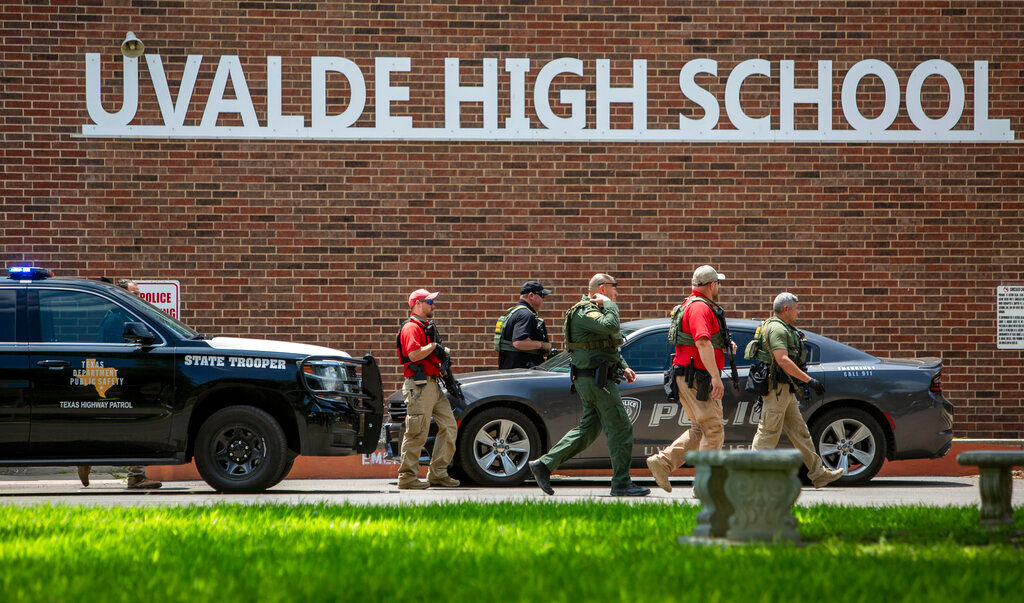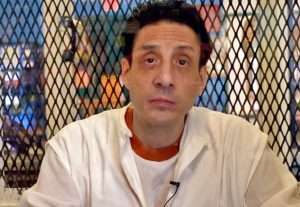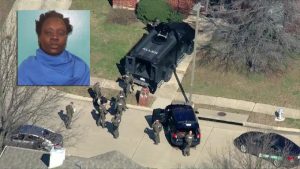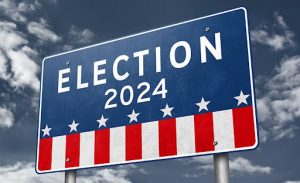Uvalde, Laguna Woods,
Buffalo, are three places in the United States that have come to represent the
problem of gun violence in the world’s oldest modern democracy. But only for
this week, or maybe this month. For by next month, these three names will be
replaced by three others. Gun violence and mass shootings have become so common
in the United States of America that they fail to even trigger necessary,
commensurate outrage.
On Tuesday
morning, children at a school in Uvalde, Texas were preparing to end the school
year in a couple of days. Suddenly, 18-year-old Salvador Ramos crashed his car into a ditch and walked into Robb Elementary School and went on a shooting spree. Texas, a blood red Republican state with its famously lax gun
laws, had little to say.
Greg Abbot, the
Texas governor, said, “…It is our duty as elected officials to evaluate all
possible means of making our schools safer to prevent future tragedies and
communities across state – whether they are underserved populations within
large cities or rural areas of the state – have the mental health resources
needed.”
But not much can
be made of such a promise, mainly because, the system that would require him to
take action – the citizenry – is deeply divided on the questions of gun control.
Just over half
Americans, 53%, believe in the need for stricter gun laws, according to a Pew
Research report. But on dividing the numbers into Democrats and Republicans, data
found that while 81% Democrats and Democrat-leaners seek strong gun laws, only
20% Republicans do.
The survey,
conducted among 5,109 American adults, found that while 73% Democrats regard
gun violence as a serious societal problem, while among Republicans, that
number is a woeful 18%. What is perhaps even more worrying is that the partisan
gap in these positions have only increased.
In the country where
1,500 children died due to gun violence last year, according to a study by
Small Arms Survey, nearly 40% Republicans are not ready to sign off on a
federal database to monitor gun sales, something that 80% Democrats who were
surveyed want.
An issue surrounding gun control that sees both Democrats and Republicans agree is the policy on preventing people with psychological illnesses to access guns. The Pew Research report found that 85% Republicans and 90% Democrats seek to limit access to guns for people with mental illnesses.
However, Republicans do overwhelmingly vote for more people being allowed to carry concealed weapons to more public places, a staggering 72%. This policy is opposed by Democrats who are steadfast about reducing the presence of concealed weapons.
While mass shootings are turning into regular occurrences in the United States, the disparity in perspective among Republicans and Democrats is witnessing an increase. The Pew Research report found that while Democrats haven’t greatly altered their opinion on gun control since 2017, Republican support for a ban on assault-style weapons has dropped from 54% in 2017 to 50% in 2019 and to 37% now.
School shootings have emerged as among the most harrowing and festering problems facing the United States of America. The first school shooting in recent American history occurred in 1999 when two shooters killed 12 people at the Columbine High School in Columbine, Colorado.
If mass shooting is defined as the death of four or more people excluding the perpetrator, then 169 people have lost their lives in 14 such incidents in recent history, according to a report in the Associated Press.
It was the deadliest school shooting — the Sandy Hook massacre — during the Obama administration that gave hope that something decisive will be done on the issue of gun control. Barack Obama, nearly in tears during the news conference following the massacre, said, the time had come for strong action on guns.
Ten years later, after the Uvalde massacre, Obama came out and said, “Our country is paralysed.” President Joe Biden, who was Obama’s vice-president, said, “As a nation, we have to ask: When in God’s name are we going to stand up to the gun lobby? When in God’s name will we do what we all know in our guts needs to be done.”
Biden’s frustration echoed through parts of the United States. The gun lobby’s death grip on Washington’s policy has disallowed strong action on gun control for years. As one mass shooting follows another, there are two questions that America will need to answer: the first, whether there can be a consensus on avoiding these tragedies; and the second, the more important even if not the most poignant: Who will bell the NRA (National Rifle Association)? The association, one of the most powerful gun lobby groups in the United States, attempts to influence policy in Washington to reduce regulations on guns.







